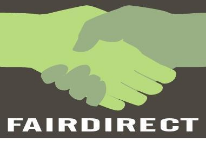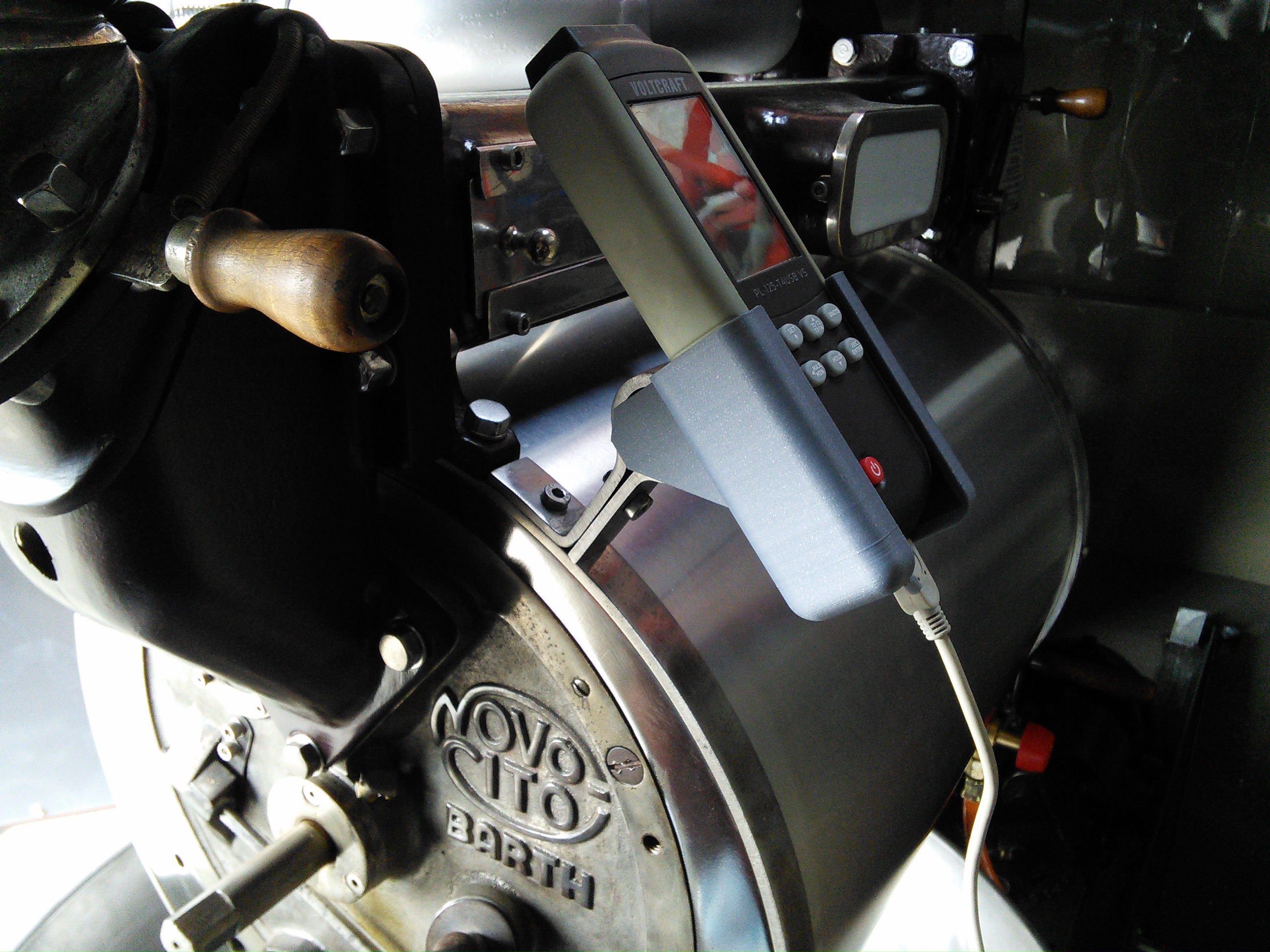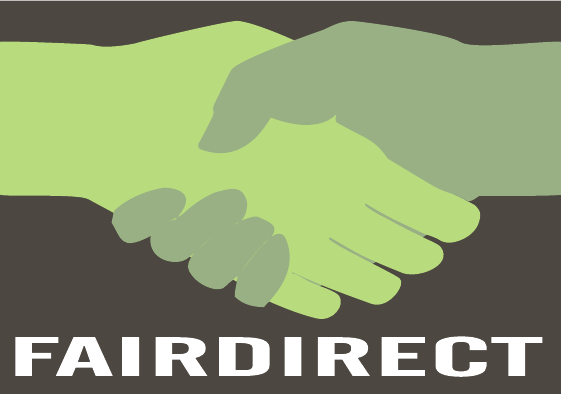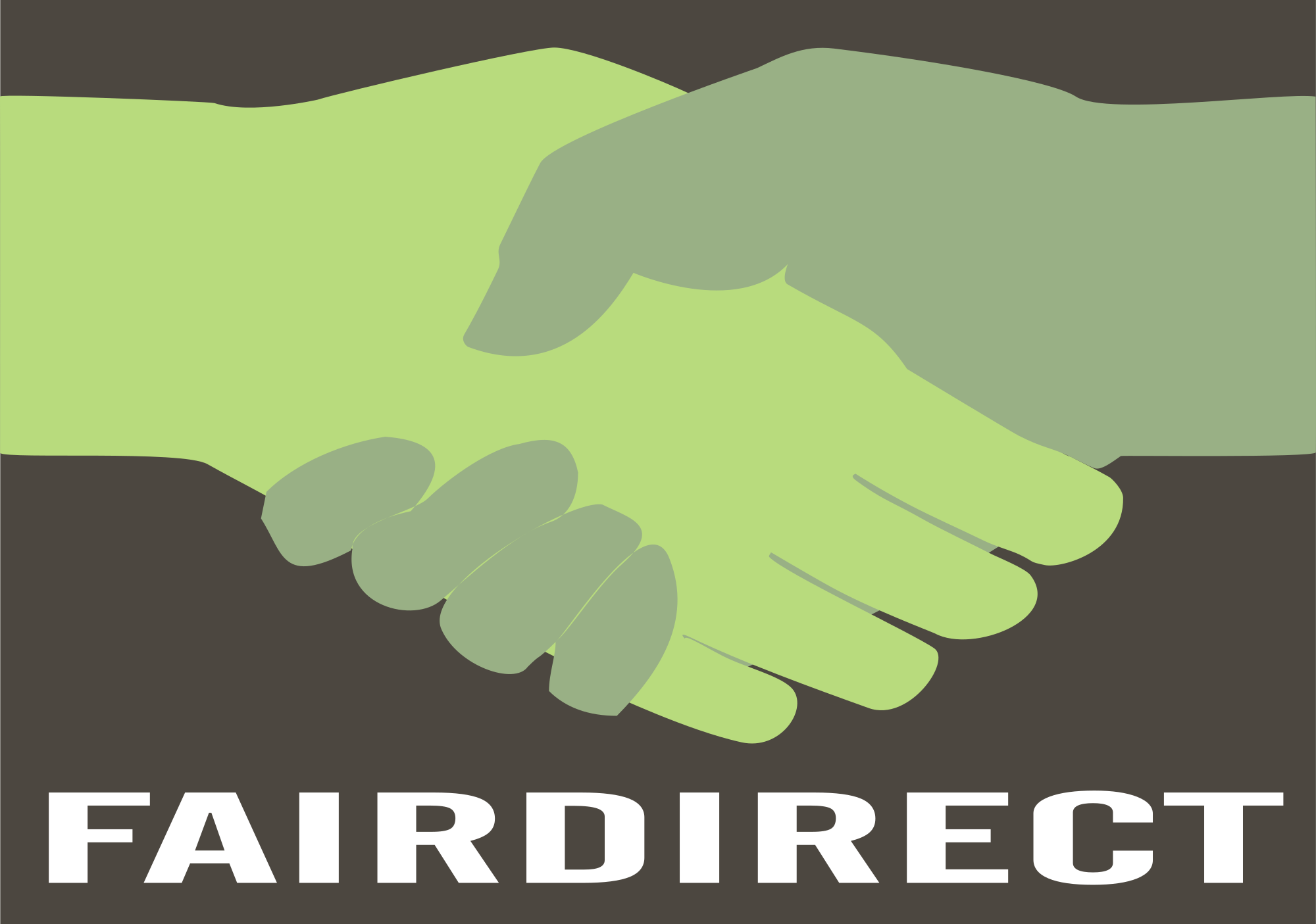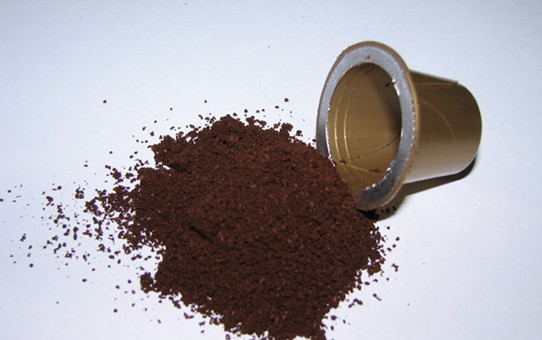
Food Rescue App Presentation
How This Happened Sometimes I wonder if there is a genetic component involved when choosing ones projects and purpose in life. In my case, I have always hated seeing usable items being tossed away. When I was three or four years old, I saw the bulky trash collection vehicle for the first time, smashing furniture … Food Rescue App Presentation
